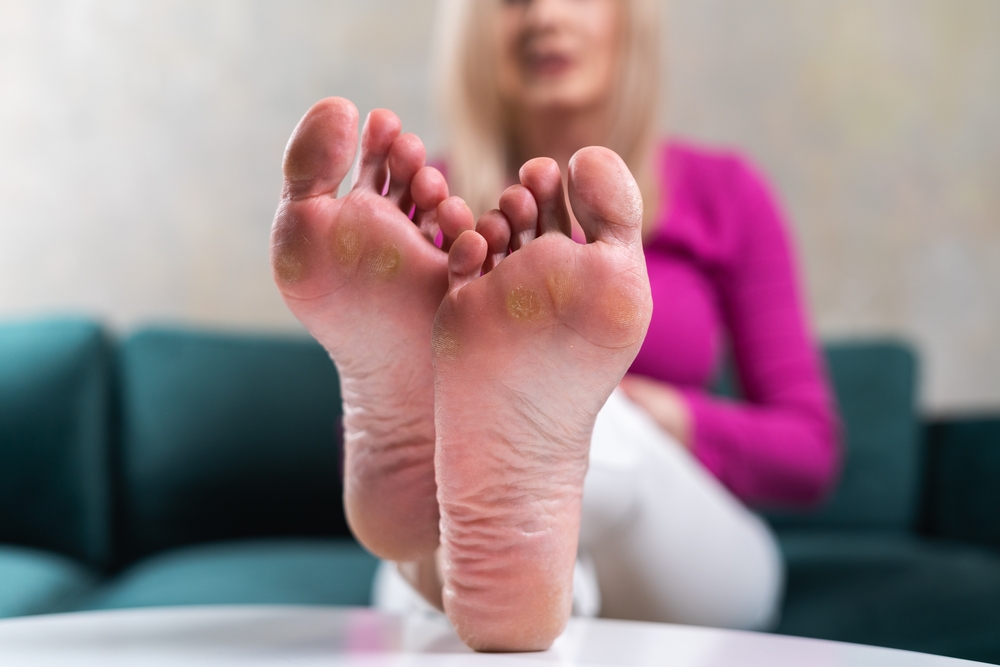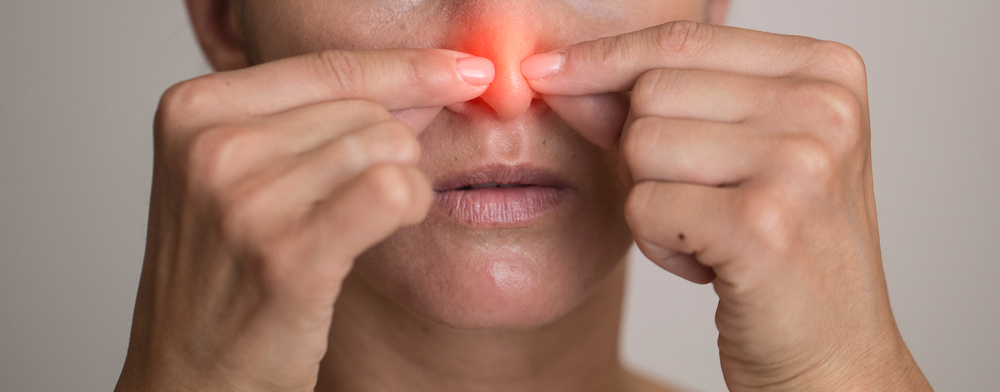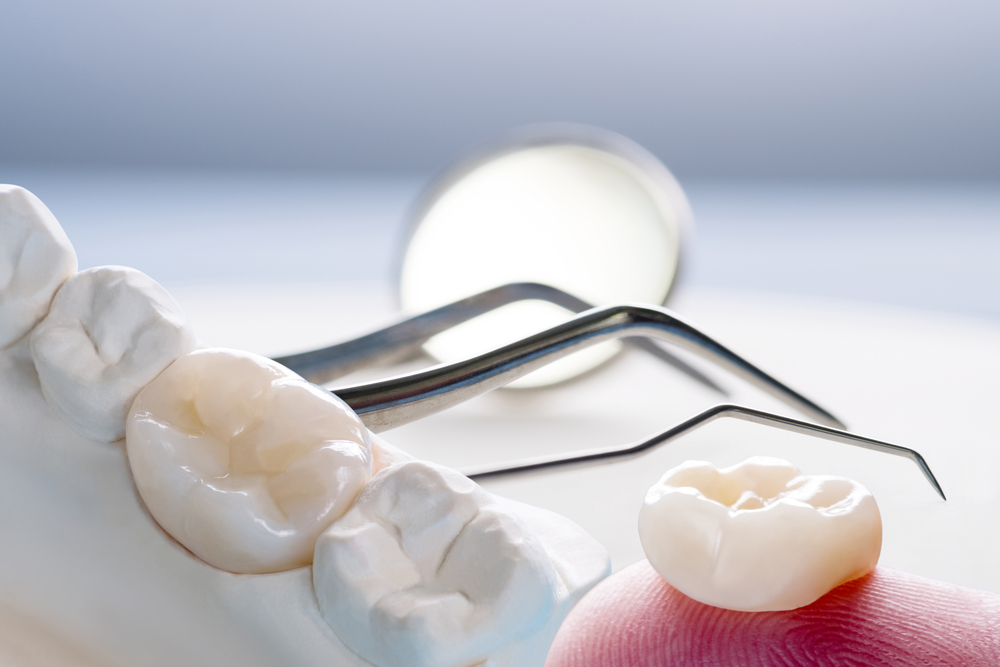Edema: Causes, Symptoms & Treatment
Written By: Dr. Ahmed Mohamed Abdelhameed
Updated On:February 14, 2024

What is Edema?
The medical term for swelling brought on by fluid becoming trapped in your body's tissues is edema. Edema can affect your face, hands, abdomen, and legs, but it most frequently affects your feet, ankles, and legs.
Causes of Edema
Finding the reason for the fluid buildup in your tissues is the next step your healthcare professional will take after diagnosing you with edema. A diagnosis of edema may result from a number of factors, including:
- Gravity: Water will inevitably pull down into your arms, legs, and feet if you spend a lot of time sitting or standing still for an extended period of time.
- Veins with weak valves: Veins with weak valves have a difficult time pumping blood back up to the heart, which causes varicose veins and an accumulation of fluid in the legs.
- Underlying medical conditions: Edema is a symptom of underlying medical conditions, such as heart failure and lung, liver, renal, and thyroid diseases.
- Medication side-effect: Edema is a side effect of several medications, such as those used to treat high blood pressure or chronic pain.
- Inadequate nutrition: Fluid may accumulate in many parts of your body if you don't eat a well-balanced diet or if you consume a lot of foods heavy in salt (sodium).
- Pregnancy: Pregnancy causes swelling in the legs because the uterus puts pressure on the blood vessels in the lower part of the body.
- Immune system compromised: Edema can be brought on by an allergic reaction, an infection, burns, trauma, or clots.
Symptoms of Edema
Your bodily swelling is a sign of edema. When there is an accumulation of fluid in your tissues, swelling happens when a portion of your body enlarges. Although swelling can occur everywhere on the body, it typically affects the feet, ankles, and legs.
Swelling signs and symptoms include the following:
- Your body has changed in size from the previous day in one location.
- On the swelling area, the skin appears stretched and glossy.
- You might face walking challenges if your feet, ankles, or legs swell.
- You might be coughing or having breathing issues.
- Your enlarged body part feels tight or full to you.
- You might experience a slight ache or soreness in the afflicted area.
When to see a doctor for Edema?
If you encounter any of the following, contact your doctor right away:
- Pain or discolored skin in an area that is swollen
- A visible wound on a swollen area
- Respiration difficulty
- Swelling in only one limb
- You have problems moving or you have trouble walking
Edema Risk Factors
Edema risk factors include the following:
- Pregnancy
- Particular medication
- Chronic sickness, such as liver, renal, or congestive heart failure
- Removal of lymph node
Edema Diagnosis
To identify edema, your healthcare professional will perform a physical examination. Next, diagnostic tests will be performed to determine the reason. Your healthcare provider will be on the lookout for swelling, particularly in areas of your body where your skin seems glossy or stretched.
Edema grading is a measure that's used to gauge how serious of an edema diagnosis you have and how much fluid has accumulated in your tissues. By gently pressing their finger on a patch of swollen skin for five to fifteen seconds, your healthcare practitioner will check for edema in a particular location of your body (pitting test). Your skin will develop a dimple (pit) after they remove pressure. The pit is a sign of fluid retention in your tissues.
The speed at which the dimple returns to normal following a pitting test is quantified by the edema grading scale. On the scale are four grades as follows:
- Grade 1: Instantaneous rebound with a 2-mm pit.
- Grade 2: Rebound time of less than 15 seconds with a 3 to 4 mm pit.
- Grade 3: Rebound time of at least 15 seconds but not more than 60, with a pit of 5 to 6 mm.
- Grade 4: Rebound for two to three minutes using an 8 mm pit.
Edema Treatment
Edema treatment differs depending on the underlying cause, particularly if that underlying cause is a medical issue.
For instance, your healthcare professional will advise quitting smoking if you have a lung condition, such as emphysema or chronic bronchitis, that results in edema.
Or your doctor will advise lifestyle adjustments to treat your diagnosis if edema is a complication of persistent heart failure while keeping an eye on your weight, fluid intake, and salt intake. Your doctor might advise limiting the amount of alcohol you consume.
If your edema is a result of medication, your doctor may decide to stop or reduce the amount of the medication you're taking if it causes edema in order to reduce the swelling.
Hence, the key in treating edema is finding the cause first.
Edema Prevention
You can take a few actions to prevent fluid from accumulating in your body in addition to treating the underlying cause of edema.
- Put a pillow between your legs whether you are sitting or lying down to keep them raised above the level of your heart.
- Do not stand or sit still for extended periods of time.
- Take quick strolls.
- To prevent fluids from accumulating in certain areas of your body, wear compression sleeves, stockings, or socks. Those with chronic edema who require adjustable footwear for swelling can purchase edema shoes.
- Cut back on the salt in your diet.
- Your doctor could advise you to take a diuretic, also known as a "water pill," which aids in your body's elimination of extra fluid.
References
O'Brien, J. G., Chennubhotla, S. A., & Chennubhotal, R. V. (2005). Treatment of edema. American Family Physician, 71(11), 2111-2117.
Staub, N. C. (1974). Pulmonary edema. Physiological Reviews, 54(3), 678-811.
Trayes, K. P., Studdiford, J., Pickle, S., & Tully, A. S. (2013). Edema: diagnosis and management. American family physician, 88(2), 102-110.
Meet our doctors from the Internal Medicine department












































